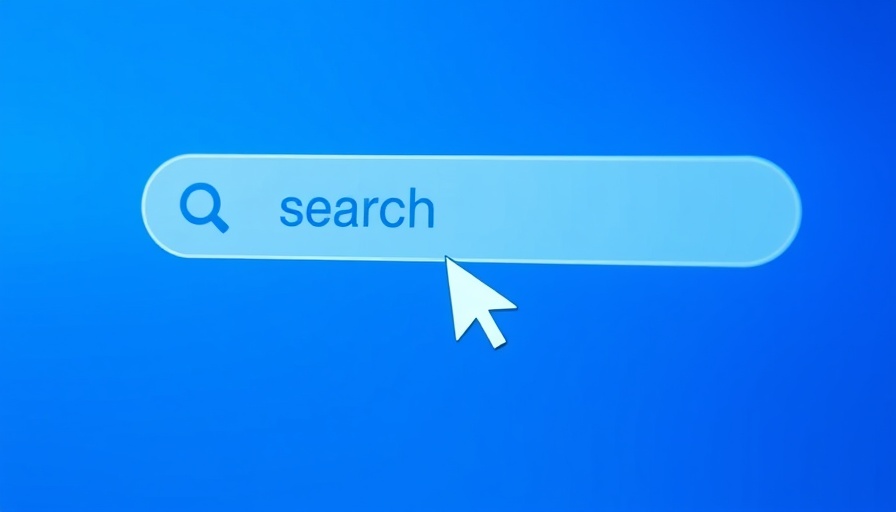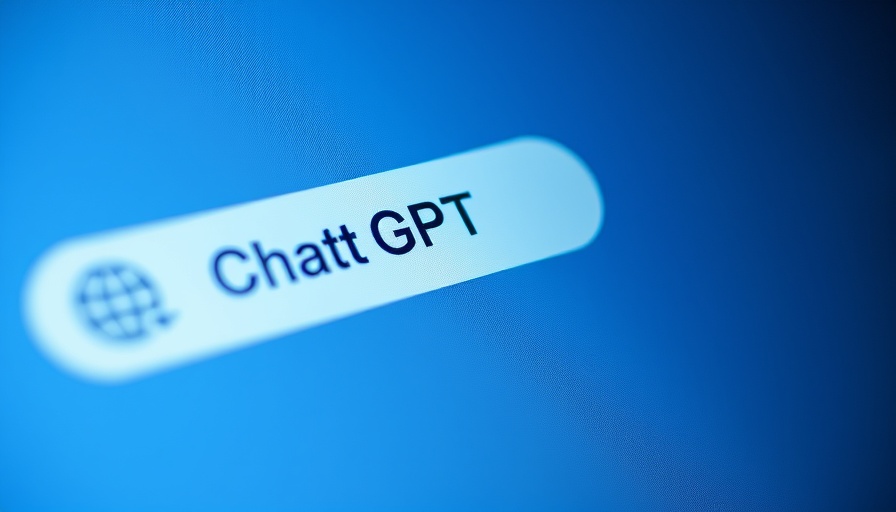
The Great AI Debate: Copyright vs. Innovation
In the evolving landscape of artificial intelligence, two giants—OpenAI and Google—are leading a charge to reshape the conversation around how AI training is conducted, particularly when it comes to copyrighted content. Their argument? Allowing AI to learn from copyrighted materials is fundamental not just to technological progression but also to national security. As the U.S. government considers innovation strategies, these companies urge policymakers to tread carefully, fearing that overly restrictive regulations could hamstring U.S. AI development in favor of international competitors, particularly from China.
Unpacking the National Security Argument
A key point of concern for OpenAI is the potential for national security risks if U.S. AI models are curtailed from accessing essential copyrighted data. They assert that unregulated access is critical to sustaining America’s leadership in AI. With companies like DeepSeek emerging from China, who are leveraging data without similar constraints, restrictions on domestic firms could tilt the competitive balance. As OpenAI positions it, an inhibited AI ecosystem may leave the U.S. vulnerable against advancements made in foreign markets.
Copyright Laws: A Double-Edged Sword
Google’s feedback amplifies the conversation by highlighting the delicate interplay between copyright laws and AI advancement. Their assertion centers on the notion that current policies enable innovative uses of publicly available copyrighted content without severely impacting the rights of original creators. Google fears that if AI developers are required to obtain permission from copyright holders, it could significantly delay progress and innovation, turning a dynamic industry into one hampered by legal hurdles.
Balancing Innovation with Legal Rights
The ongoing legal challenges faced by AI firms further complicates the landscape. OpenAI, for instance, is entangled in lawsuits with various news outlets and public figures, alleging unauthorized use of copyrighted materials for training. Key among these involves high-profile personalities like Sarah Silverman and George R.R. Martin. This backdrop highlights the conflicting interests between fostering AI progress and protecting creators' rights, posing tough questions about how flexibility can coexist with intellectual property protections.
A Diverging Opinion: The Anthropic Approach
Not all industry voices agree with the prevailing narrative that OpenAI and Google advocate. Anthropic has ventured a different standpoint, prioritizing an assessment framework for AI-related national security risks rather than focusing equation solely on copyright issues. Their suggestions for enhanced export controls on AI chips and improvements to energy infrastructure reveal a concern for broader implications of AI beyond just training data.
Opportunity for Growth Amid Challenges
For busy entrepreneurs and creators navigating this complex dialogue, the developments surrounding AI and copyright laws present both challenges and opportunities. As the debate continues, understanding these dynamics may shape the tools and technologies they leverage in their businesses. An informed approach to utilizing AI may very well dictate future success in a landscape that is increasingly dependent on these technologies.
Taking Action: Thoughts and Engagement
The conversation surrounding AI training and copyright is not merely academic—it has real implications for anyone involved in digital creation, technology, and policy. Readers are encouraged to engage with these issues actively. Whether you believe that OpenAI and Google are safeguarding innovation or simply pushing for unfettered access under the banner of national interest, your voice matters. Share your opinion in the comments section and stay tuned for deeper dives into weekly AI roundups and latest trends in 2025.
 Add Row
Add Row  Add
Add 




 Add Row
Add Row  Add
Add 

Write A Comment